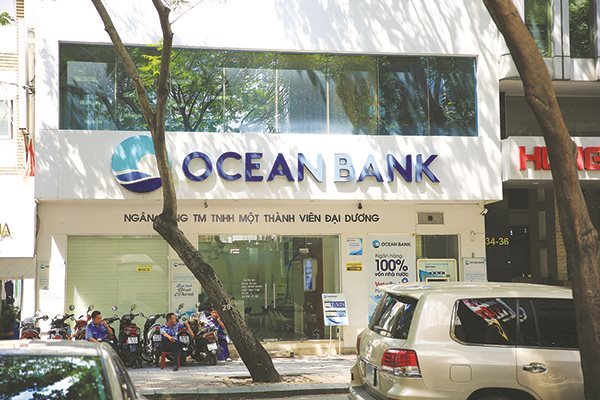The PM approved the plan on restructuring credit institutions for 2011-2015 in early 2012. In the first phase of the plan implementation, banks were allowed to merge on a voluntary basis.

Next, powerful private institutions were allowed to contribute capital to restructure banks. Doji, a gold, silver and gemstone group, for instance, bought TP Bank shares, helping the bank restructure successfully.
However, the deal of Thien Thanh Group contributing capital to restructure Dai Tin Bank and rename the bank as VNCB did not bring the desired effects. VNCB operated ineffectively, ending up with the State Bank’s decision to take over it at zero dong.
The first restructuring plan helped recognize the problems of the banking systems, thus helping some banks restructure successfully. However, weak banks are still bogged down in difficulties.
|
The first restructuring plan helped recognize the problems of the banking systems, thus helping some banks restructure successfully. However, weak banks are still bogged down in difficulties. |
That was why the government in mid-2017 issued Decision 1058 on approving the plan on restructuring banks in association with settling bad debts for 2016-2020, which says foreign investors will be selected to restructure weak banks.
Analysts commented that choosing foreign investors for the restructuring of the weak banks is a wise decision in the context of limited domestic resources. The solution will also help avoid the so-called ‘cross-ownership’, which remains a heady problem for Vietnam.
Ocean Bank
The news that Ocean Bank may be sold to foreign investors was confirmed recently.
In mid-2017, a representative of the State Bank revealed that an Asian banker ‘expressed its willingness to join Ocean Bank restructuring process’ and ‘the involved parties are taking necessary steps’.
On its official website, the bank said it began working with a foreign partner on the bank restructuring in 2017 and continued cooperating with the partner in 2018.
Ocean Bank has 21 branches and 101 transaction points with a stable network despite big difficulties.
An analyst commented that when considering pouring money into a weak bank to restructure it, investors will consider two major issues.
First, if the trial of cases related to weak banks. Only when the process finishes can they identify the losses of the banks, the capital they need, and the recovery capability.
Second, they will consider the bad debts and the debt collection capability. With Resolution 42, which gives more power to debt collectors, investors believe that they will be able to accelerate the debt collection process.
Kim Chi

VN banks compete for customers in credit card market
Competition in the country’s credit card market has become stiff as more and more foreign and domestic banks as well as finance companies are competing to gain market shares.
 If Ocean Bank is sold to foreign investors, this will mark a new milestone in the restructuring process and pave the way for more foreign investors to come to Vietnam." itemprop="description" />
If Ocean Bank is sold to foreign investors, this will mark a new milestone in the restructuring process and pave the way for more foreign investors to come to Vietnam." itemprop="description" />